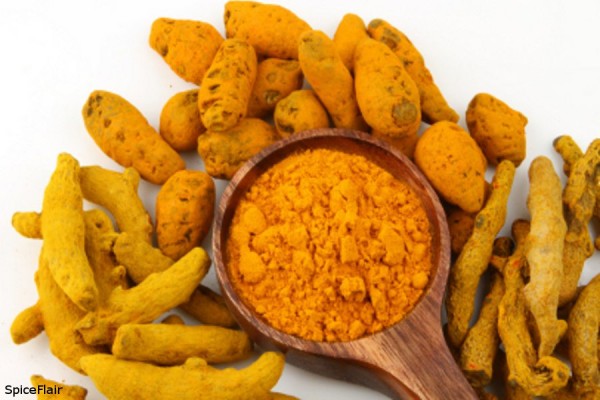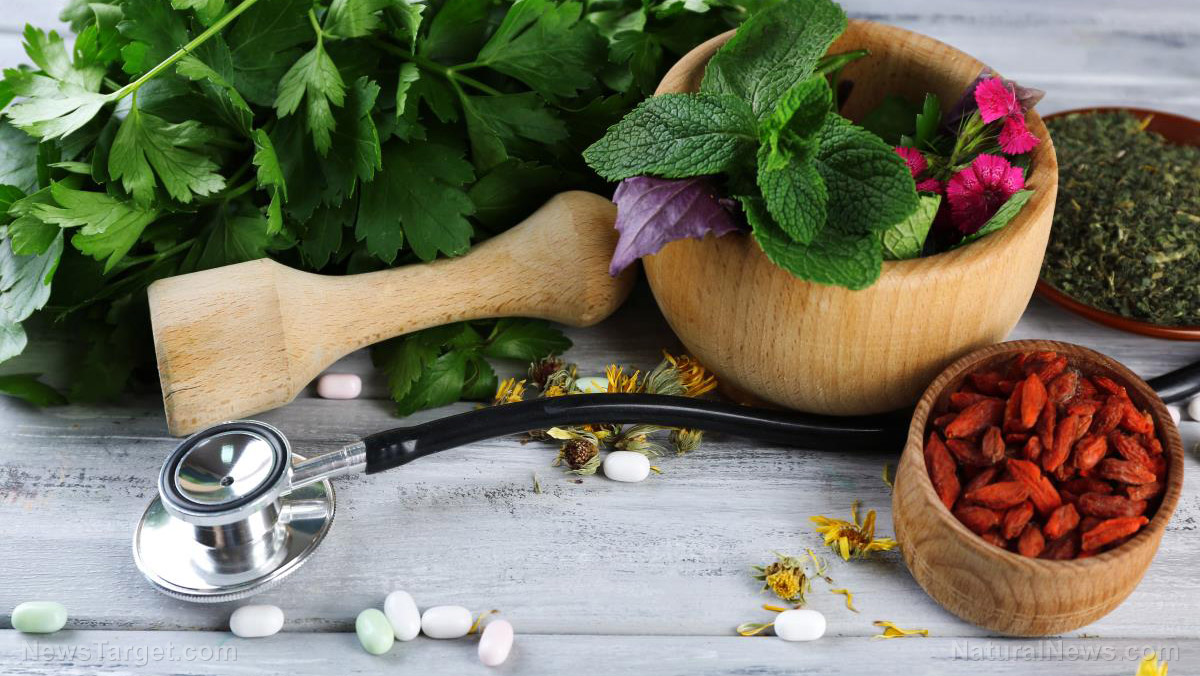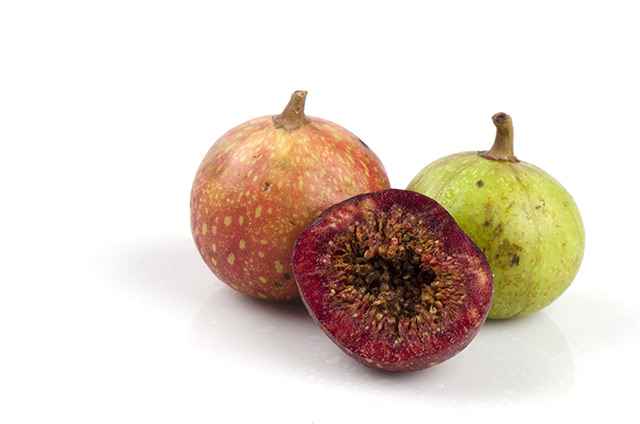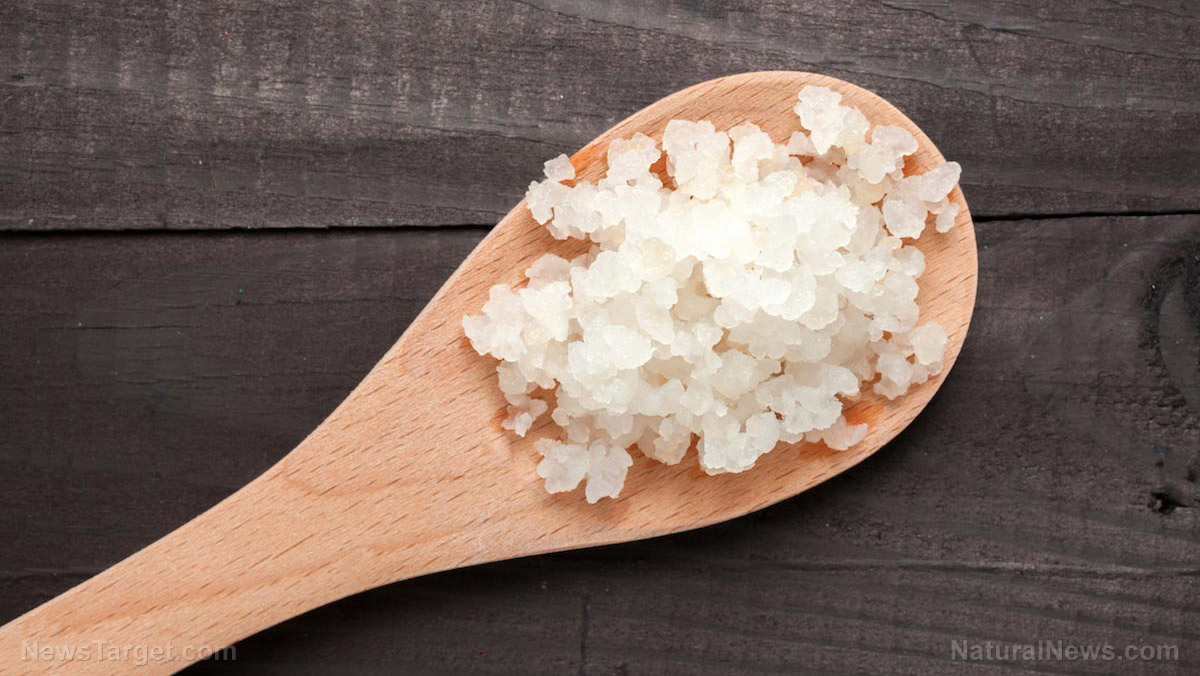Turmeric is one of the most researched organic substances in the world because of its remarkable natural healing properties. The spice is widely used in Indian and Southeast Asian cuisine, and is responsible for curry’s yellow tint.
Its primary active component, curcumin, has been the subject of over 5,600 peer reviewed and published studies. Now, researchers at GreenMedInfo, an organization dedicated to providing scientific, evidence-based information, have released results showing that turmeric has over 600 potential preventive and therapeutic applications, as well as 175 distinct beneficial physiological effects.
Remarkably, studies have also shown that it compares very favorably with several medications:
Lipitor / Atorvastatin (cholesterol medication)
A 2008 study published in Drugs in R&D found a favorable comparison of a standardized preparation of curcuminoids from turmeric to the drug atorvastatin (trade name Lipitor) for endothelial dysfunction, atherosclerosis and reductions in inflammation and oxidative stress in type 2 diabetics.
Corticosteroids (steroid medications)
A 1999 study published in Phytotheraphy Research found that curcumin could be used to treat chronic anterior uveitis, an inflammatory eye disease, comparing favorably to steroids. A 2008 study in Critical Care Medicine showed that curcumin compares favorably with dexamethasone, a corticosteroid drug indicated for lung transplantation-associated injury, by down-regulating inflammatory genes. Similar favorable comparisons with the drug was also published in 2003 in Cancer Letters in a lung iscahemia-reperfusion injury.
Prozac/Fluoxetine & Impiramine (antidepressants)
A 2011 study in Acta Polniae Pharmaceutica confirmed curcumin’s favorable depression-diminishing properties, in comparison with both drugs.
Aspirin (blood thinner)
A 1986 study in Arzneimittelforschung discovered curcumin’s potential for treating arthritis and vascular thrombosis through its anti-platelet and prostacyline modulating effects in comparison to aspirin.
Anti-inflamattory Drugs
A 2004 study in Oncogene revealed that curcumin and reserveratrol (a natural chemical found in grapes and blueberries) could replace ibuprofen, sulindac, phenylbutazone, naproxen, indomethacin, diclofenac, clecoxib and tamoxifen in treating inflammation.
Oxaliplatin (chemotheraphy drug)
A 2007 study in the International Journal of Cancer found curcumin to be comparable with the drug in colorectal cancer as an antiproliferative agent.
Metformin (diabetes drug)
A 2009 study in Biochemistry and Biophysical Research Community found that curcumin activates AMP-activated protein kinase (AMPK) and suppresses gluconeogenic gene expression, increasing glucose uptake and suppresses its production in the liver. Curcumin (in the form THC) was actually found to be 500 times to 100,000 times more potent than metformin in activating AMPK and its downstream target.
Sources used:
GreenMedInfo.com
NaturalNews.com





















